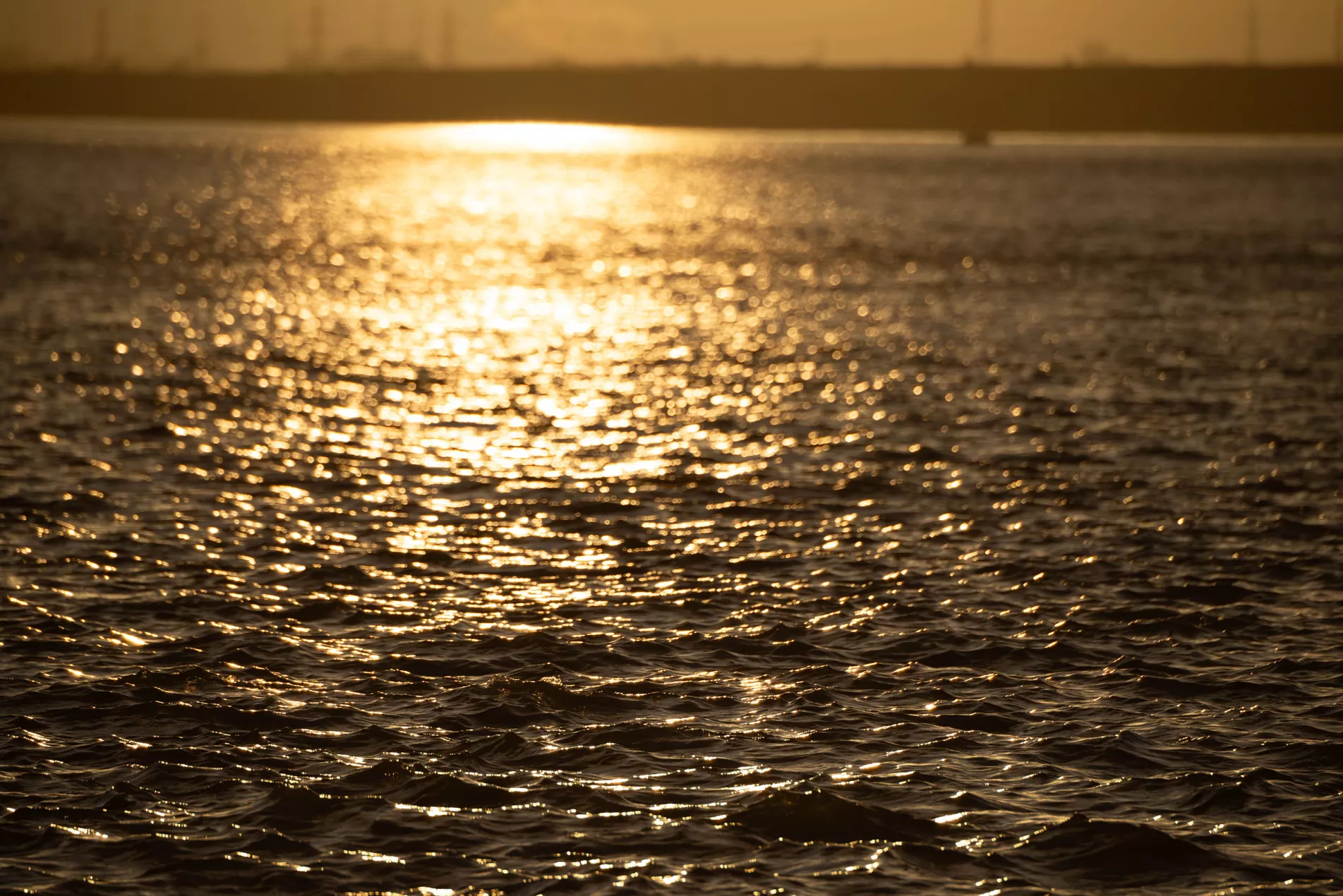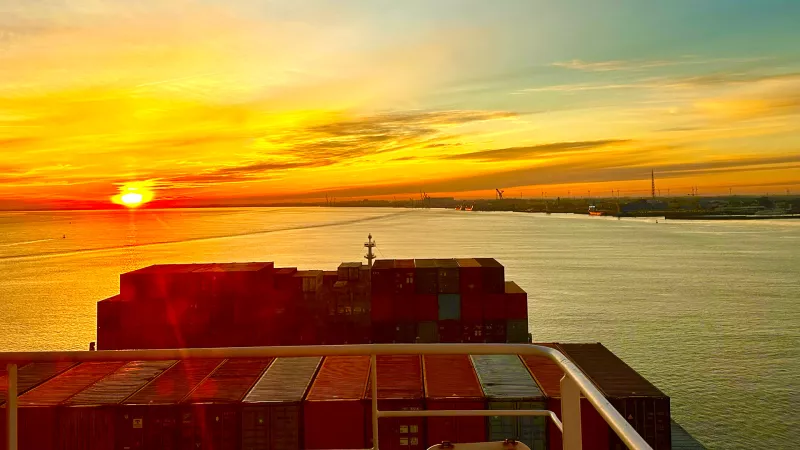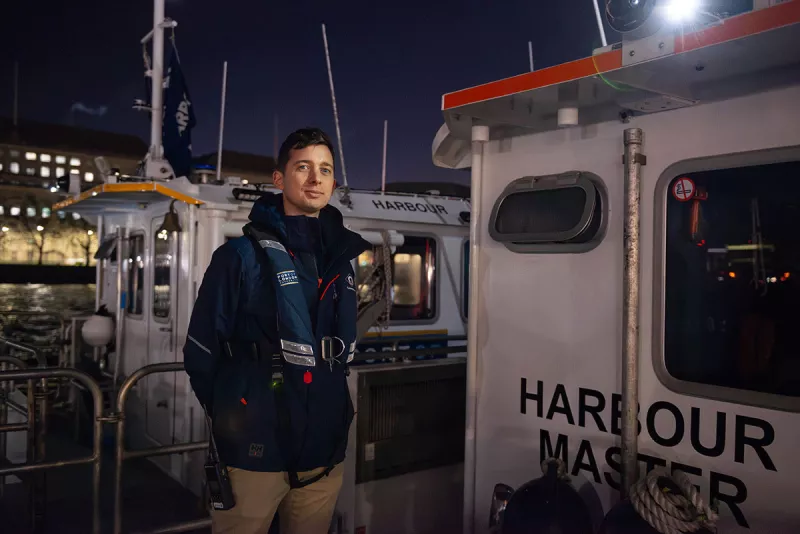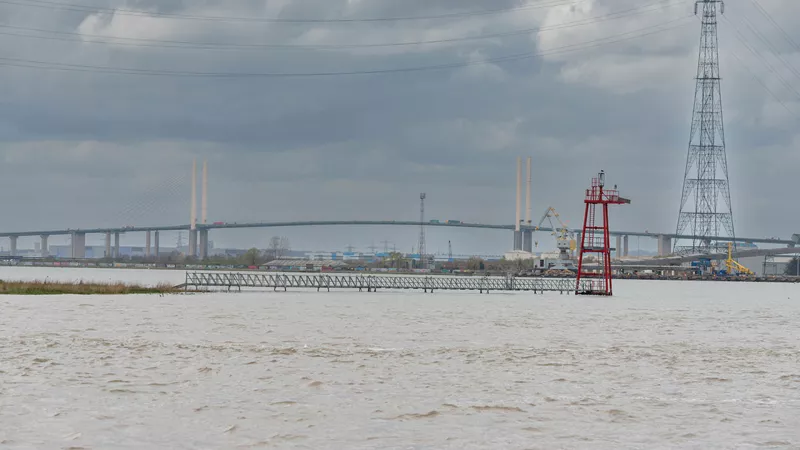Live Tides
NOTICES TO MARINERS
Charts & Surveys
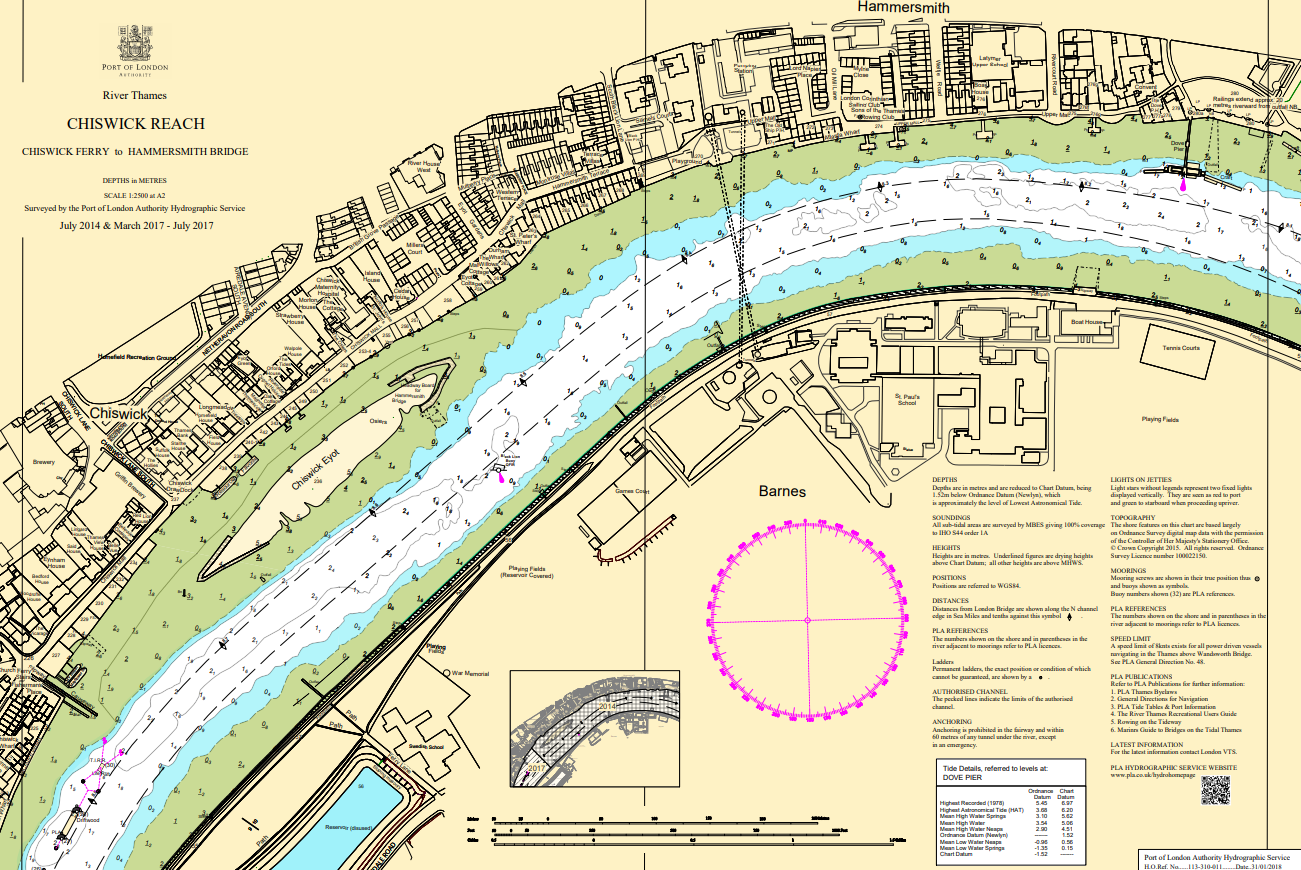
Incident reporting
Life-threatening emergencies on the river:
Call 999 and ask for the Coastguard
For near miss, safety observations and incident reporting click below
Alcohol, drugs and the Thames: A Christmas cocktail to avoid
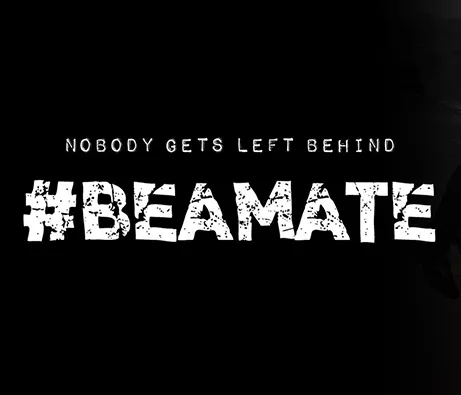
Public urged to look after one another on the river and its banks this yuletide
The combination of alcohol, drugs and activity on or by the tidal Thames is a recipe for Christmas and New Year misery.
That’s the message from the Port of London Authority (PLA), the organisation responsible for navigational safety on the river between Teddington and the coast, coinciding with the launch of the Royal Life Saving Society’s (RLSS) annual Don't Drink and Drown campaign (7 December).
RLSS research shows that over the past five years there have been over 1,400 accidental drownings across the UK. Over 30 per cent of victims were found to have alcohol or drugs in their bloodstream. Young men are one of the highest-risk groups.
Jenny Cooper, the PLA’s sports participation and community outreach manager, said: “Our reminder to everyone over the party season is please stay clear of water courses, if you’re under the influence, and make sure your friends get home safe too. Alcohol and drugs affect your decision-making ability, blur your senses, and impede the body’s ability to survive in the water."
Flowing at the speed of an Olympic swimmer, the Thames has a daily tidal rise and fall of seven metres.
The impact of ‘cold water shock’ also means that even the best swimmers can drown in the river in a matter of minutes at any time of year.
In addition, vessels, currents and hidden underwater objects endanger the lives of anyone who finds themselves in the river.
Jenny, who also chairs the multi-agency Tidal Thames Water Safety Forum, continued:
“After two lockdowns this year, many will be keen to enjoy the holiday season. The Thames is home to countless pubs and restaurants, and people may be tempted to take short-cuts home by the water’s edge. It’s important to remember, whether fast-flowing or still, cold water kills.”
Members of the public who spot people in difficulty in the river should call 999 and ask for the coastguard, rather than risk their own lives by entering the water.
#Don’tDrinkandDrown was launched in 2014, following a string of tragic drownings of young people. For more information on this year’s campaign, visit www.rlss.org.uk.
Related content
Discover
